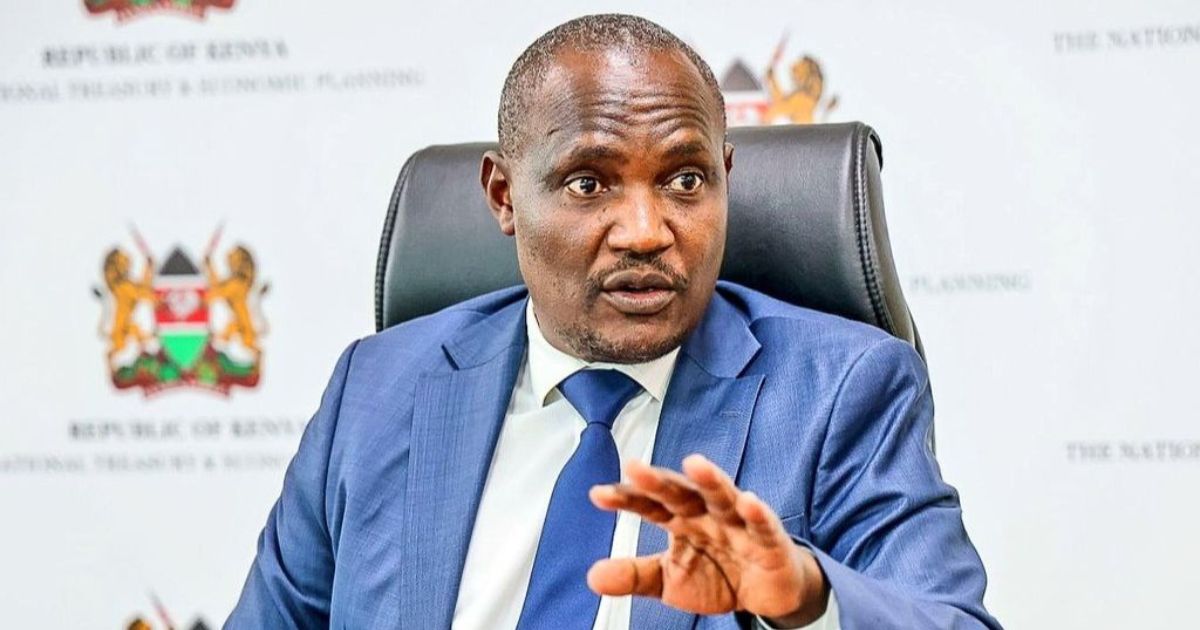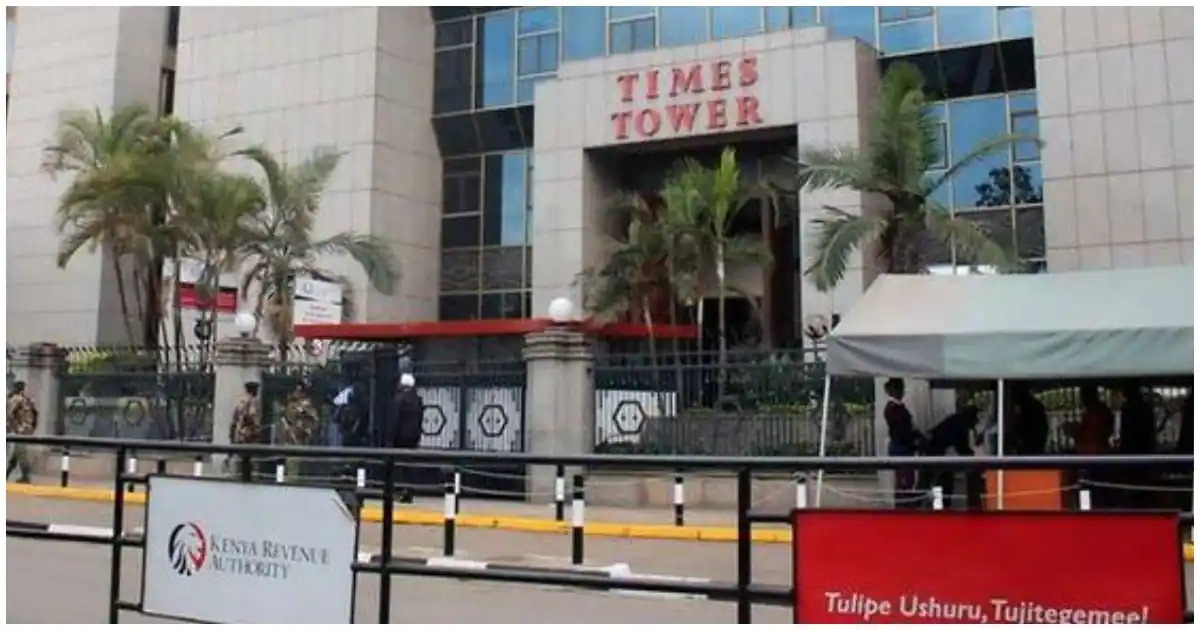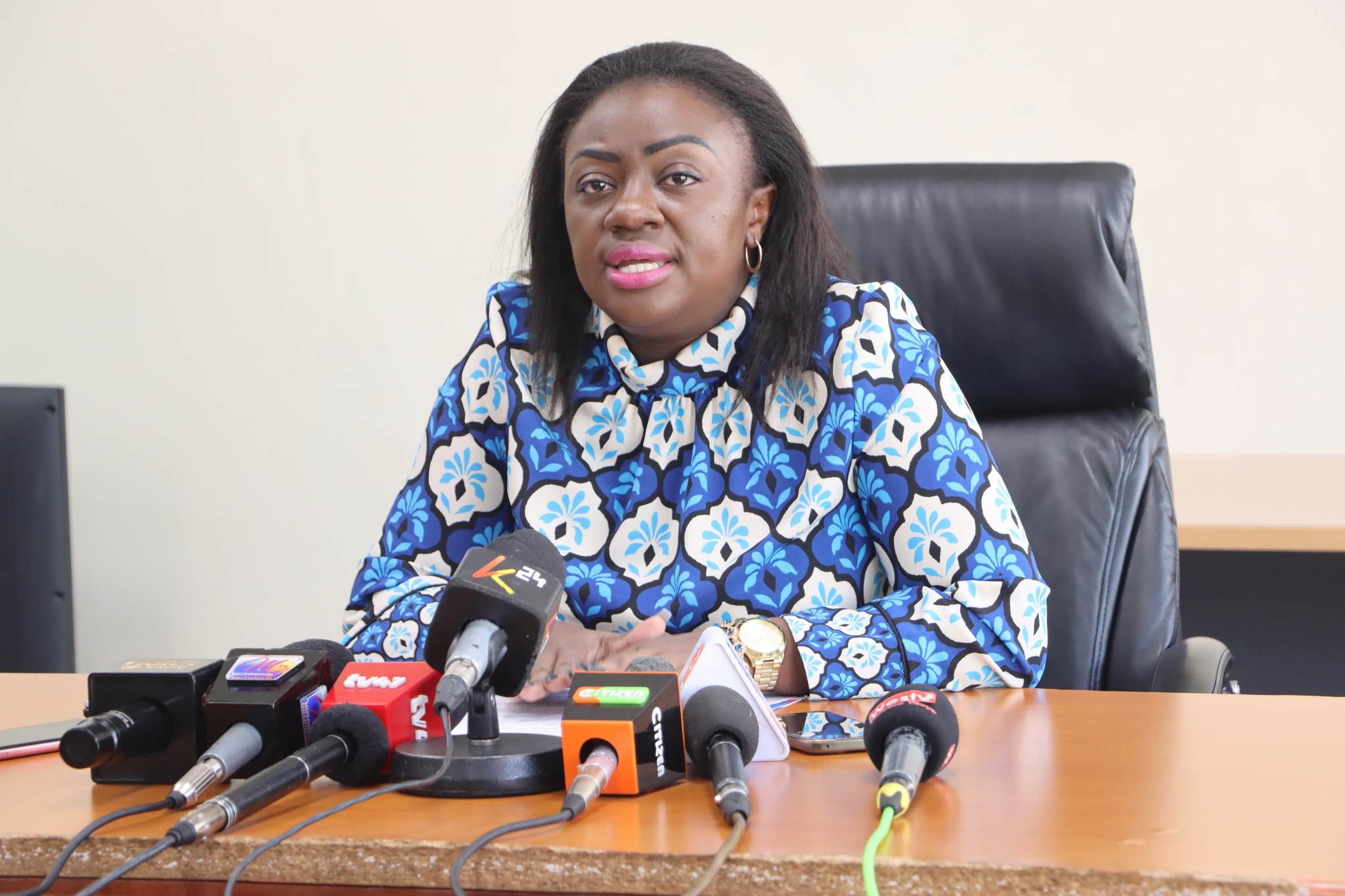The Kenya Revenue Authority (KRA) is set to integrate its systems with banks should the Finance Bill 2025 sail through.
The Finance Bill 2025 seeks to do away with Section 1B of 59A of the Tax Procedures Act, which bars KRA from integrating its systems with those of a business.
How the Integrated System Will Work
According to Nickson Omondi, an official from KRA's digital tax office, who was speaking during media engagement on Friday, May 16, the move is aimed at catching up with tax cheats and those engaged in money laundering.

Read More
He explained that previously, Kenyans would be required to furnish their bank details whenever there were tax issues with KRA.
"For instance, if KRA wants to know whether entity A is declaring their fair share of tax, we ask them for their bank account, and then they will provide us with their bank statements," he stated.
"KRA will then look at the bank statements and compare them with what has been declared as their income, and if there are any variances, we always come back and ask why there are any differences."
Therefore, with the new proposal, the taxman will have access to bank systems for ease in confirming tax obligations met by Kenyans.
He maintained that KRA would still be obligated to observe data protection laws even when using the integrated systems.
"Instead of KRA asking you every now and then to give the statement, why not have the bank give us the statement in advance so that those who are tax cheats are caught in good time?" he posed.
On his part, Treasury CS John Mbadi added that the current laws had been used by some individuals to evade payment of taxes.





-1747390878.jpg)